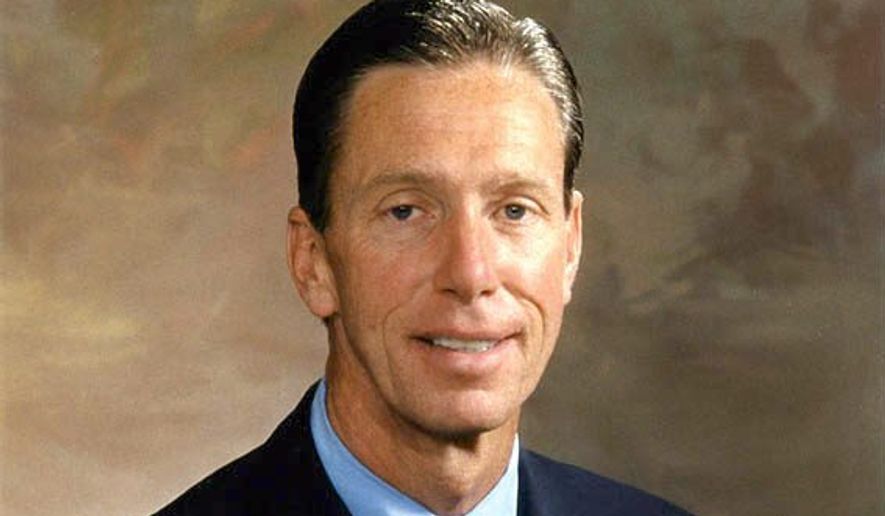Mr. Speaker, I rise in support of my bill, H.R. 1670, the National POW/MIA Remembrance Act.
This bill actually comes from the recognition we all share that, in our country, oftentimes the families of POWs and MIAs suffer alone. And it is through the efforts of groups like Rolling Thunder and other veterans’ groups who have brought to the forefront the fact that we should carry more immediately the memory of the sacrifice of those families.
In my own life, I came to know a man named James Fitzgerald, who was a member of Operating Engineers Local 4 in Boston. I worked on a job with him. I remember at noontime, when everyone would go off to lunch, he would go off into his pickup truck and eat his sandwich by himself. Day after day, in his lap, he would have a tri-corner flag that this country gave him in remembrance of his son, who went down as a result of enemy fire in Vietnam in the early 1960s.
It was not until the late 1980s, early 1990s, that his son was actually recovered, returned to his family, and buried in Massachusetts. For many, many years, the Fitzgerald family carried that burden by themselves. They carried it alone.
I had a chance to travel with JPAC, the Joint POW/MIA Accounting Command, to Vietnam, to Korea and to the South Pacific, the Philippines.
We have 83,000 — 83,000 — men and women from this country that died in the Second World War, in Korea and in Vietnam who are still there.
About 1,000 remain in Vietnam. About 5,000 remain in North Korea up around the Chosin Reservoir. And then the great majority of those MIA are buried at sea as a result of the great naval battles in World War II. They are buried in place, and their resting places are our sacred ground.
We have an opportunity here to place within the Capitol a remembrance, a shrine, in effect, to their sacrifice in remembrance of their service to this country. H.R. 1670 would honor them by authorizing a placement of a POW/MIA Chair of Honor on the grounds of the United States Capitol.
That chair will forever stand unoccupied as a solemn reminder of the over 83,000 brave Americans from as far back as World War II who are still waiting to be brought home.
Chairs of honor carrying the POW/MIA insignia have already been placed in public spaces in cities and towns around the country. It is only fitting that the Capitol, the seat of the U.S. Congress, should do so as well.
Mr. Speaker, when our fellow Americans go to war, we make them a promise never to leave them behind. That vow is sacred. When we pass this chair every day, we will be reminded of our commitment to our POW/MIAs and their families that we have not forgotten them, we will never forget them, and we will not rest until they all come home.
I want to take a moment to thank Joe D’Entremont, who first approached me about undertaking this initiative a couple of years ago. He is a past president of Rolling Thunder of Massachusetts Chapter 1 and is now a Rolling Thunder, Inc., National member.
I want to thank all the members from all the chapters of Rolling Thunder from across the country who have kept this idea alive.
Joe D’Entremont is a passionate advocate on behalf of our veterans and our POWs and MIAs. Joe has worked with my office from the very beginning on this effort.
I also want to thank Gus Dante, also with Rolling Thunder National, who has worked steadfastly at Joe’s side to see this through.
Finally, I want to thank the members of Rolling Thunder Massachusetts Chapter 1 and all of the Rolling Thunder chapters around the nation. Their efforts were integral to bringing us here today.
After today, H.R. 1670 will move to the Senate for its consideration. I want to recognize and thank my Massachusetts colleague, Sen. Elizabeth Warren, for introducing her Senate companion bill and for making this truly a bicameral effort.
I look forward to continuing to work with her to get this past the finish line and have the National POW/MIA Remembrance Act signed into law.
• Democrat Rep. Stephen F. Lynch represents the 9th District in Massachusetts. His remarks are excerpted from the Congressional Record of March 21, 2016.




Please read our comment policy before commenting.